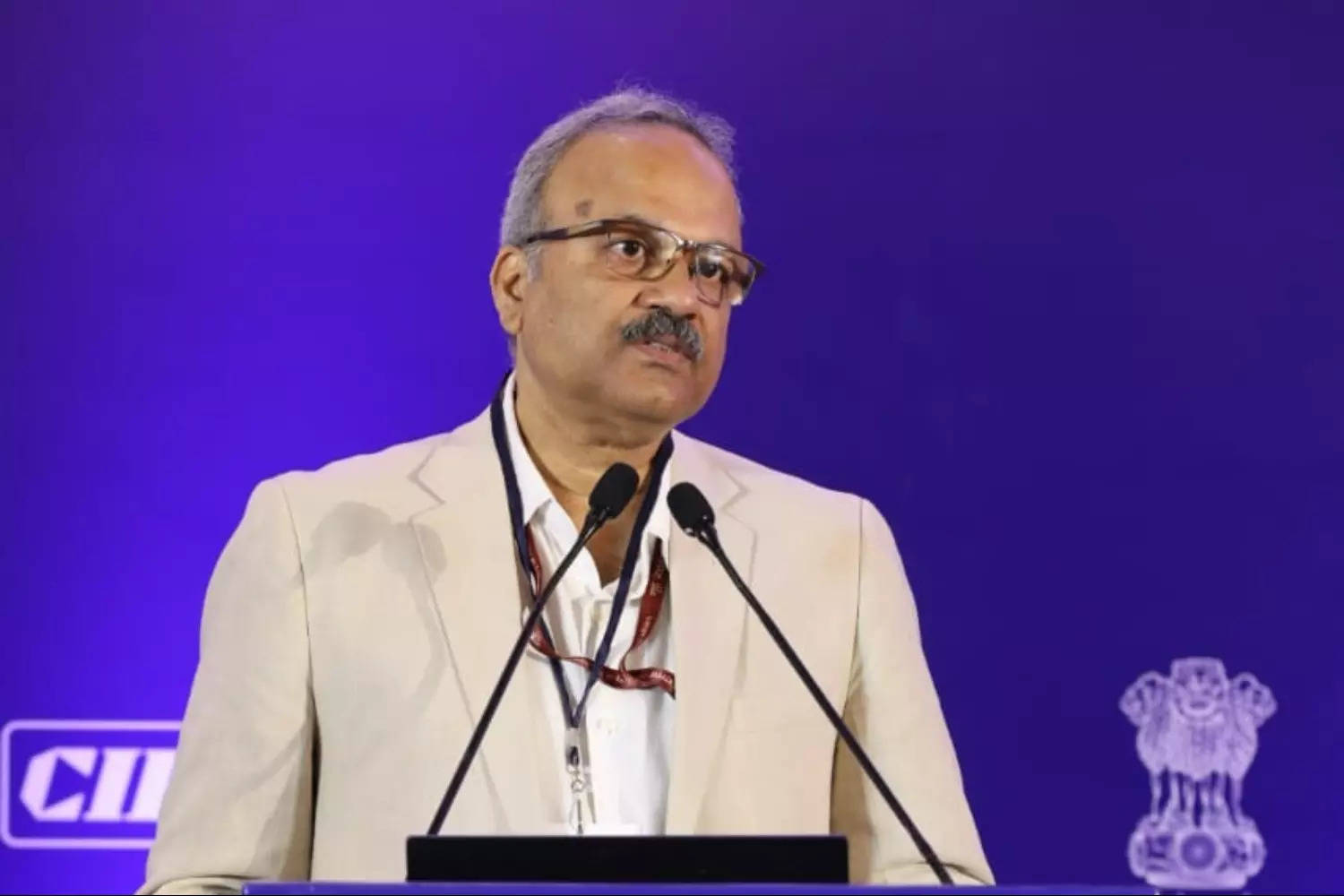
By Prathiba Raju and Abhijeet Singh
New Delhi: Amid recent concerns regarding the classification of widely used drugs such as paracetamol and antibiotics along with 50 others, as spurious, the Drugs Controller General of India (DCGI) has rejected those reports, calling them as a misinterpretation. The Central Drugs Standard Control Organization (CDSCO), which oversees drug quality and safety in India, clarified the situation in response to media queries on the sidelines of an event.
Dr. Rajeev Raghuvanshi, Drugs Controller General of India (DGCI), addressed the controversy and said, “In the recent news which came about three weeks back, there was actually a wrong interpretation of the notifications stating 50 drugs as not standard quality (NSQ), but they were not fake.”
He further explained that only five of the drugs mentioned were spurious, while the others were simply not up to standard—a routine finding in the drug quality checks conducted by the regulator.
“Only five of them were spurious, which you can term as fake, and the narrative that there were 50 fake medicines banned is completely wrong,” Dr. Raghuvanshi emphasized.
“These were not fake medicines, nor were they harmful, but were identified as not meeting certain quality standards—a part of our routine process. Every month, we test and sample many medicines, and out of those, some 40-50 typically fail in one or more parameters.”
Dr. Raghuvanshi reassured the public about the robust procedures in place to handle issues related to fake or spurious medicines, noting that any such cases are dealt with following established protocols.
When asked about the rising influence of social media figures promoting questionable drugs or therapies, the DCGI cited a lack of sufficient data to take immediate action but acknowledged the potential for misleading information to reach the public.
Interestingly, leading drug makers countered the findings of the CDSCO and said on internal lab tests, they found the samples to be spurious. Following the NSQ reports, the Indian Pharmaceutical Alliance filed a Public Interest Litigation in the Supreme Court pleading for more powers to the police and a co-ordinated approach to bust makers of spurious drugs.







